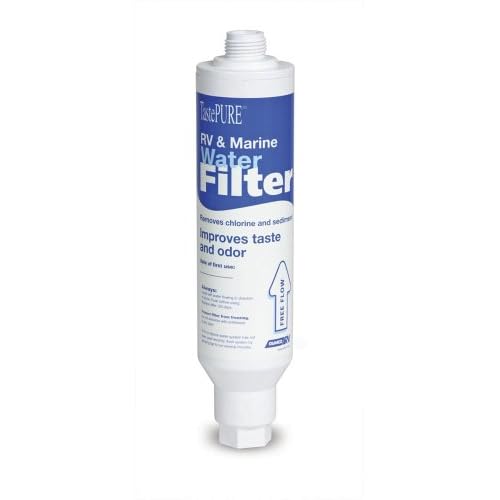EamusCatuli
Well-Known Member
So its a very simple question, but does anyone NOT use the pre-packaged priming sugar? Are there any benefits to using something else, like DME?

I buy bulk priming sugar, and use beersmith to calculate the correct amount of sugar based on the style and the temp of beer at bottling time...then I measure it up on my 20 dollar target digital scale.
Not to hijack, but in everyone's opinion, how much carb should you expect at one week from bottling with corn sugar? Two weeks? And is it fully carbed at three weeks, or should it take less time?
Well the reason I asked is because I have had an overwhelmingly dry/ generic taste in some if not most of my beers (about 20-25 batches). I have moved on from extract and most recently my first PM batch of a Wit is drinkable. Sadly it came out tasting the same as many of my other extract beers before it, pretty dry, generic, and bland. Very dissapointed. I only did the one PM before I went to AG and have done 4 of them since. Anyway, im thinking that maybe the priming sugar in those little bags may be to blame since its the only thing that hasnt changed in my very expensive and time consuming strive for better tasting homebrew. To be honest, its very disheartening for my beers to be just "okay" when all I do is think about my homebrewing 24/7. Especially now that I have moved away from extract.

But who knows, if its got those same tastes I had from extract then it might be the water
BTW, for conditioning I do the standard 1-2-3 approach. So 3 weeks bottles. Unless, of course, its something that calls for more aging (trappist, etc.)

FWIW, I find that my beer is nowhere NEAR it's best after six weeks. Somewhere around the 3 month point it starts to get really good. The pale ale I've currently got on tap was brewed in March...it's really good!!
With your next batch, try using bottled water as a test. Or get a simple activated charcoal filter, and see if there is any difference. I use these:

Doesnt look cheap . . . hah
So would you say 3 weeks just isnt enough time??? Its so hard to wait already!!!
There should be no flavor whatsoever from using priming sugar to bottle with. It's 100% fermentable, that means it turns to alchohol/co2.
I bottle from kegs or use carbonation drops.
Here's a pretty good demonstration.
[youtube]FlBlnTfZ2iw[/youtube]
Enter your email address to join: